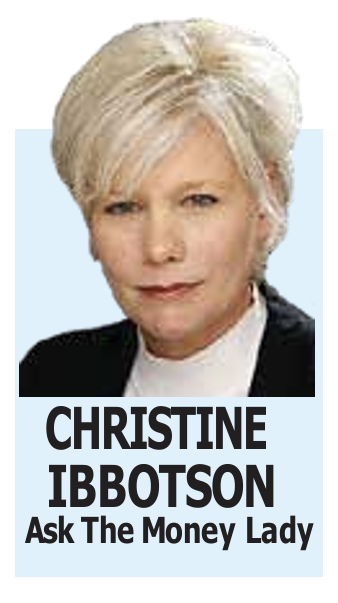
Dear Jim,
I would totally agree. It is much harder for a single senior in Canada. You have fewer tax advantages with the same expenses, usually on a much lower income.
Today, we see most people retire as a couple, however of those now in retirement (2021 survey) approximately one-third are widowed.
The median income of married seniors is $46,000 and for singles it is $22,600. This is an alarming statistic since, according to Stats Canada, we have 4.1 million singles living alone; further supporting the fact that 18 percent of single seniors now live below the poverty line.
Economists are claiming as we further enter an economic slowdown, we will see a new trend of divorced or widowed seniors choosing to remain single in retirement. If so, this will create unique challenges for all singles, especially Canadian women.
Many retired women receive much less than their male counterparts. Often women have not worked the same amount of years as men or have earned less income during their working careers.
Therefore, women do not receive the same pension benefits. They are also much more conservative when investing than most men.
A recent study done by Bank of Montreal showed that men were more likely to hold stocks and mutual funds in their investments, whereas women were more likely to hold GICs. So, what are you to do if you are now a single in retirement?
Today, single seniors tend to be asset-rich but income poor. They live in a home with no debt, but have trouble buying groceries.
Many seniors are having to cut back on personal spending, gift giving, or even hosting events because they just can’t afford the added expenses on their tight budget.
With rising inflation and the added costs for the basics, single seniors must now get creative. Review your overall situation. Can you downsize (or right-size) to something less expensive? Can you work part-time or is there something that you may be uniquely qualified to do that will provide a little extra income?
It is imperative that you know what your true financial picture looks like.
Review all your investments, insurance, and taxes. Do you have a good financial advisor? Do you have a good accountant?
You will want to create a well-thought-out strategy that you can project out over the next five, 10 or 20 years. You should have an easily accessible emergency fund, like a line of credit or savings account.
This will help pay for unexpected costs that are not built into your new plan. For your investments, try to choose products that offset inflation such as commodities in ETFs, bond/ equity portfolios, REITs, or investment properties/real estate.
Remember that risk is a relative term and today, as a single in retirement, there is more risk to doing nothing than for those who try to improve their situation.
If this means you must sell your home to move to something less expensive to fund your retirement, then do it. Change is difficult but necessary. You may even find that it is something you were glad you did.
Review your investment portfolio with your advisor, get involved and ensure you have the correct asset allocation to provide compounded growth year over year.
Good Luck & Best Wishes,
ATML – Christine Ibbotson
Written by Christine Ibbotson, National Radio Host and Author of three finance books, plus the Canadian Best-Selling Book“How to Retire Debt Free & Wealthy” www.askthemoneylady.ca or send a question to info@askthemoneylady.ca

Leave a Reply